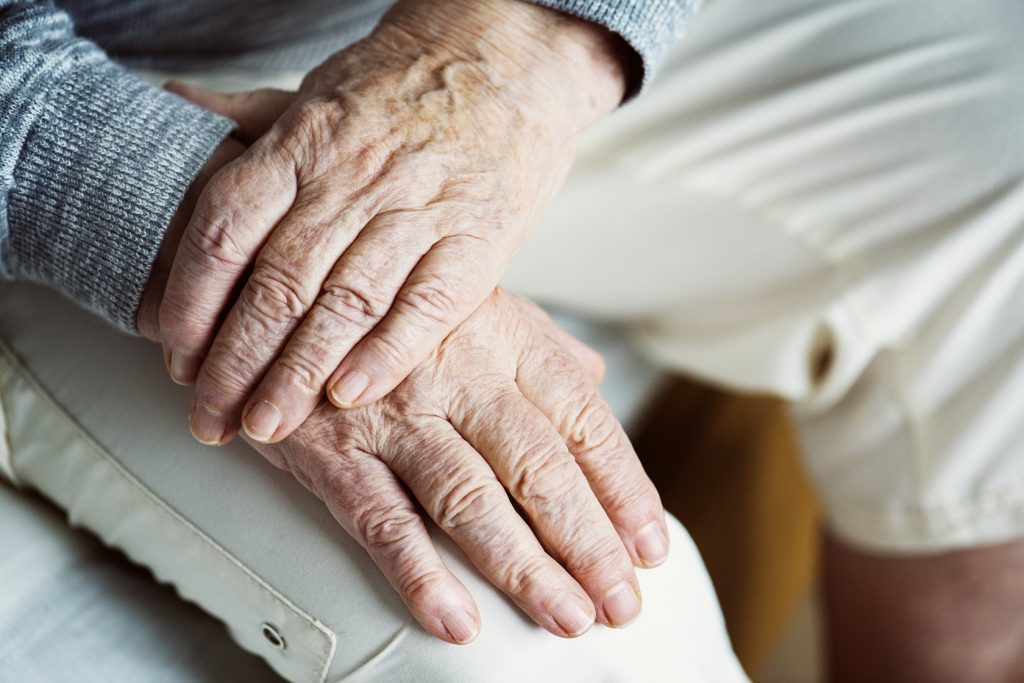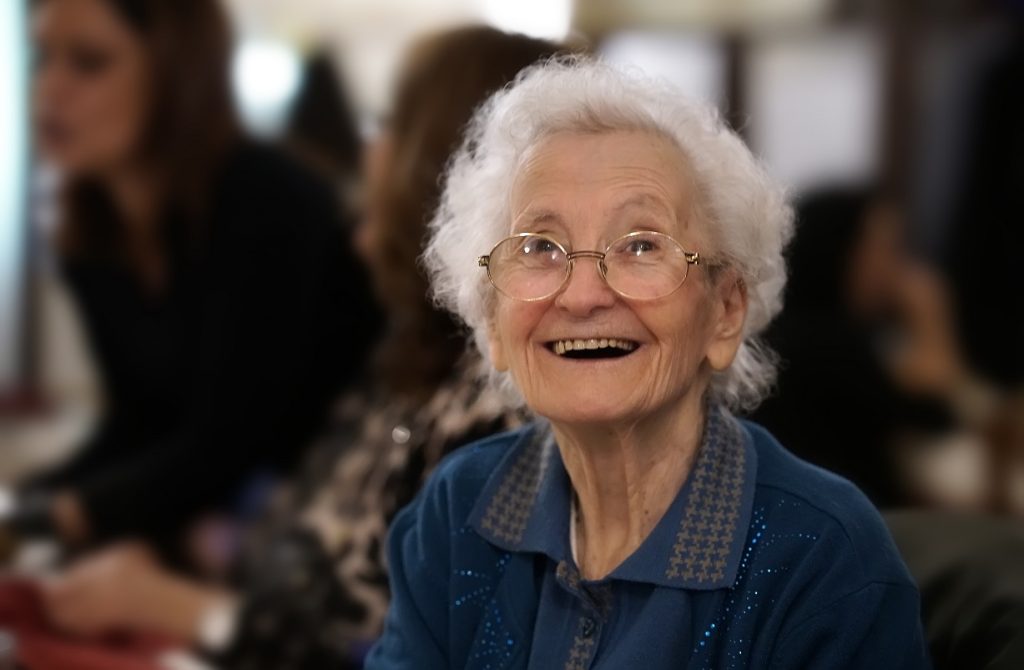Intergenerational mediation.
At a general level, in our society it is understood family as the unit formed by a social group of two or more people linked by a bond of kinship that live together, constituting a home. Throughout the process of coexistence and socialization of its members, the family consolidates other aspects of identity, such as the relationships and interactions established with the reference social group. In recent decades, the family, as an institution, has undergone great transformations that have been redefining it and altering the performance of the roles of its members within this institution.
The increase in life expectancy due to scientific-medical research has brought about a series of advantages of undoubted value. Among other aspects, it has meant that older adults sometimes have to be cared for when they are in a situation of dependency. And this, in turn, subsidiarily, has generated a significant amount of conflicts among its descendants, giving rise to varied situations regarding decisions such as: who is responsible for the care of dependent loved ones, discrepancies regarding whether the older adult should be in a residence or not, management of the older adult's finances by their caregivers…
Therefore, it is increasingly common to find mediable situations related to aspects related to our elderly population, in a multitude of areas: the family, topics neighborhood, situations in geriatric contexts, in contexts of sanitary system, legal issues, intergenerational conflict…

Concept of intergenerational mediation
The “intergenerational mediation” It is configured as a subtype of family-community mediation in which positive communication processes between generations are committed, addressing conflicts related to the family that arise as a result of differences in vision of life and/or changing stages of life. coexistence. Focusing on those situations of dispute or confrontation derived from said process, where the parties seek help for the peaceful management of these conflicts in order to improve the existing relationship and prevent a possible rupture of family and/or cohabitation ties.
We must take into account that the main conflicts that are addressed in intergenerational mediation with older adults are those that are related to health and care, since they are issues that generate a large number of discrepancies related to the organization of care times, the hiring of personnel, medical care, the approach to the situation of dependency...This generates relationship and communication conflicts between siblings, between grandparents and grandchildren or conflicts inherited from previous generations. Conflicts related to patrimonial interest are usually abundant and generate great divisions and confrontations at the family level, especially between descendants and/or caregivers. All of this degenerates into a coexistence situation that is difficult to address.
For all this, Intergenerational mediation with older people must be based on a collaborative process that makes it possible to relieve older people of guilt in the face of conflict situations that arise. for the topics already mentioned. So that through the expression of emotions they can make their desires, concerns and needs known, which will allow them to feel recognized, valued and as an active part of the situations of discomfort that have arisen among their descendants. All of this will result in a higher quality of life and greater well-being.

Intergenerational conflicts to mediate
In many cases, the reason why an elderly person cohabits with another family member (mostly with the daughter) is because an unexpected situation and unexpected has caused in the elderly person some type of need for attention and care that they cannot meet on their own and need the help of third parties to help them. This situation that can occur due to multitude of factors, such as an accident or an illness, will require major transformations in the life of both the elderly person and the person or people who will care for them. Neither one nor the other are prepared for this situation and will have to give up many aspects and conditions of your life which make everything more complicated.
The most frequent conflict situations that usually occur are:
- Intrusion problems of a son or daughter-in-law who sees the situation differently than the daughter or son who cares for their father/mother.
- Space problems in the home to live together. Suddenly, a space shared by two, three or four people becomes a space shared with one more person, who has greater needs than the cohabitants until that moment.
- Authority issues. When the son or daughter wants to impose their criteria on that of the older adult or vice versa.
- Victimization by the elderly as a demand for affection and attention.
- Problems of the elderly with the grandchildren or vice versa or even problems of the elderly with the children regarding the education of the grandchildren, since the former have to take care of the latter. There is usually a disparity in criteria and older adults give examples of when they educated parents.
- Different criteria of family members regarding the care of the elderly person, or of the latter with those. Some will consider that the best option is for the elderly person to be in a residence, others will consider that at home is where they can best be and it is convenient to schedule times between everyone to be able to take care of them.
- Sometimes the person older person does not accept the way he is cared for
- Conflict that can be established when responsibility for the care of the elderly is involved in specific work circumstances, or other added family responsibilities, on the part of the children who prevent the necessary dedication.
- Infantilization of the elderly by family members. His posture and reflections are not taken into account and that creates great discomfort in himself.
- Discrepancies between caregivers of the residence where the older adult is located with their children or with the older adult themselves.
Do you want to get started in the world of mediation? Do it with the best professionals and in the leading school in the sector.




